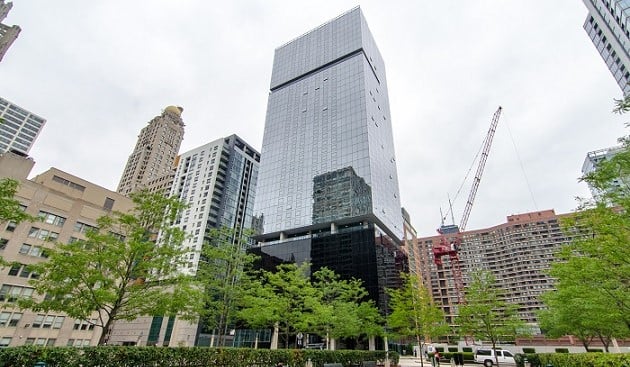CHICAGO—The nation's apartment market has been bursting with energy and new development, but some developers are getting a little wary. At some point the good times will either end or at least level off. And trying to figure out when has made navigating the sector's landscape a lot more challenging. Still, in the last six months or so, an increasing number of developers have hit upon at least a partial solution.
Recommended For You
Want to continue reading?
Become a Free ALM Digital Reader.
Once you are an ALM Digital Member, you’ll receive:
- Breaking commercial real estate news and analysis, on-site and via our newsletters and custom alerts
- Educational webcasts, white papers, and ebooks from industry thought leaders
- Critical coverage of the property casualty insurance and financial advisory markets on our other ALM sites, PropertyCasualty360 and ThinkAdvisor
Already have an account? Sign In Now
*May exclude premium content© 2025 ALM Global, LLC, All Rights Reserved. Request academic re-use from www.copyright.com. All other uses, submit a request to [email protected]. For more information visit Asset & Logo Licensing.









